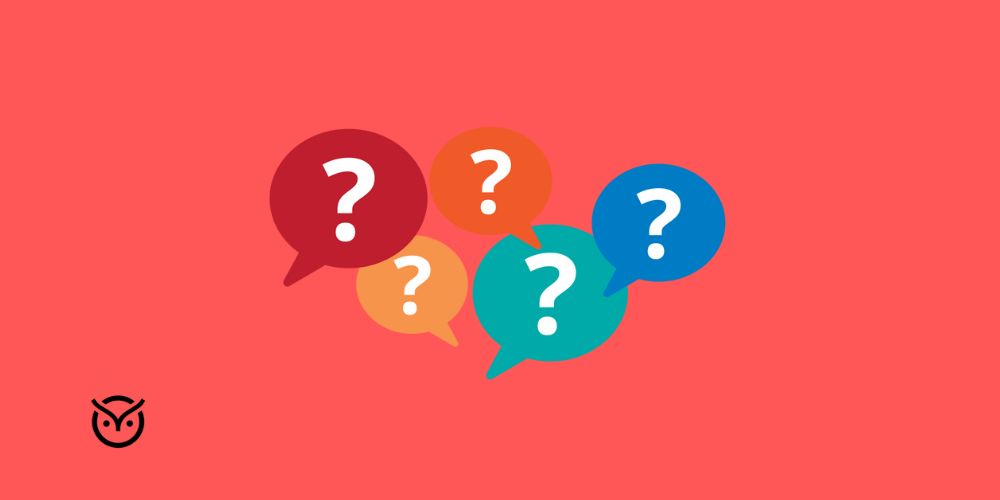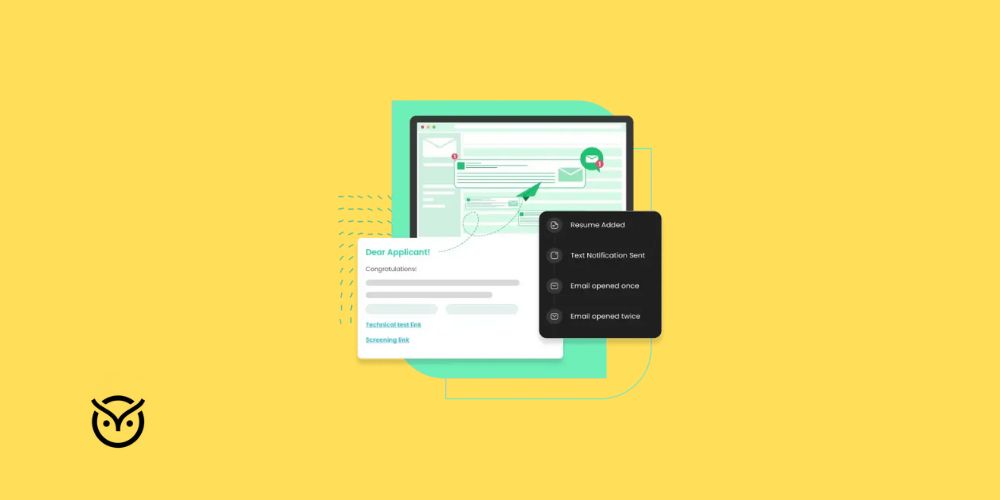
TL;DR
- Conflict at work is normal but handling it well shows maturity
- Employers look for calm communication, empathy, and problem-solving
- Use the STAR method to structure clear, specific answers
- Reflect on past examples and practice mock interviews
- Avoid blaming others, being vague, or showing negative emotions
- Focus more on solutions and positive outcomes than the conflict itself
Conflict at work happens — it’s natural when people with different ideas and personalities come together. What really matters is how you handle those conflicts. That’s why the “How do you deal with conflict” interview question is so common, not to trip you up, but to see if you can stay calm, communicate well, and find solutions when tensions rise.
Your answer shows whether you’re someone who can keep teamwork strong even when challenges arise. This blog will explore why the how do you deal with conflict interview question matters and how you can answer it confidently in 2025.
Discover Your Conflict Style
Answer these quick questions to find out how you handle conflict at work.
Why Ask the “How Do You Deal With Conflict interview question?”

When interviewers ask how you handle conflict, they’re really trying to get a sense of how you navigate tricky situations, not just what happened in one particular disagreement. They want to know if you can stay calm, communicate clearly, and work things out without drama. Here’s what they’re looking for when the how do you deal with conflict interview question is asked:
- Communication Skills: Can you explain your side in a way that others understand, while also really listening to their point of view? Being able to have a calm, honest conversation is a huge plus.
- Emotional Intelligence: Are you someone who can keep your cool when things get tense? Employers are looking for people who can keep their emotions in check and keep it positive.
- Problem Solving: When conflict arises, do you focus on how we fix this problem, or do you just point fingers? You demonstrate the ability to be constructive and proactive.
- Teamwork: Can you find common ground and keep your team moving in the same direction, even if you don’t agree on the path? That kind of flexibility is priceless.
- Professionalism: Finally, can you disagree and keep things from getting messy or personal? That is critical for a healthy work environment.
What’s the Interviewer Really Thinking?
Click each head to reveal or hide what’s on their mind during this question.
How to Structure Your Answer Using the STAR Method

When interviewers ask, “How do you deal with conflict?” they want to hear a clear name reply that shows your problem-solving and interpersonal skills. The STAR method Situation, Task, Action, Result is a well-tested framework to allow you to provide concise and convincing responses to behavioral interview questions.
S – Situation: Set the Scene
Start with the context. Think about and describe a specific moment when there was a disagreement in your professional career.
Example: In a previous role as a project coordinator, I had a disagreement with my team on resource allocation for a high-priority project.
T – Task: Define Your Responsibility
Explain your role in the situation. What were you tasked with, and what objectives were you aiming to achieve?
Example: As project coordinator, my responsibility was to facilitate the effective distribution of resources to meet project deadlines.
A – Action: Describe the Steps You Took
Describe what you did to resolve the conflict. Focus on what you did and why
Example: I called a meeting with each of the team members involved to hear their concerns. I guided a discussion forward in order to identify the source of the conflict, and I worked with the team collectively to develop a plan for resource allocation that worked for the entire team.
R – Result: Share the Outcome
Conclude with the results of your actions. Whenever possible, quantify your success or highlight positive feedback received.
Example: The team, as a result, developed an agreement about resource distribution and completed the project on time and on budget. Not only did a collaborative process work well, but it also improved team morale and team communications.
Build Your STAR Answer
Drag each sentence into the correct STAR category
How to Get Comfortable With Conflict-Based Interview Questions

It’s completely normal to be nervous when the how do you deal with conflict interview question is asked in an interview, but don’t let it rattle you; with a little preparation, you may even be able to use those questions as leverage to showcase who you are as a candidate and worker. Here is how to gain confidence and approach conflict questions in a constructive way.
Know the Purpose
When interviewers ask questions about conflict, they are trying to determine how you approach conflict, including your problem-solving approach, emotional intelligence, and communication ability. If you keep that in mind, you can build your approach around a positive and thoughtful perspective about your experiences.
Reflect on Past Situations/Experiences
Think about specific instances where you effectively handled a conflict. Pay particular attention to situations that have the potential to demonstrate your ability to deal with issues.
Develop Emotional Intelligence
Focus on self-awareness and empathy. If you are aware of your own emotions, as well as those of the other person(s), you will be able to resolve conflicts successfully and thoughtfully.
Practice mock interviews
Practice with someone as much as possible, either a peer or a mentor, acting out the interview process as best as you can. The more practice you have, the less anxious you will feel, and the more you will be able to effectively discuss your experiences.
Confidence Boost Checklist
Check each step to feel fully ready for conflict questions.
Common Mistakes to Avoid When Answering the “How Do You Deal With Conflict interview question?“

Discussing workplace conflicts in interviews can be tricky. Here are some common missteps to steer clear of, ensuring you present yourself as a thoughtful and collaborative professional:
Claiming You’ve Never Had Conflict
When you say you’ve never had conflict in the workplace, interviewers may question your awareness or think you are dodging the question. Employers know that disagreements happen, and they want to see how you deal with them.
Blaming Others
When you blame your colleagues or supervisor for the issue, it may indicate that you lack accountability. It is okay to mention your ticket or role in solving the conflict, and what you learned from the conflict.
Not Being Specific
If you use generic statements saying “I always stay calm when there is conflict” without citing specific examples, you are not demonstrating your conflict resolution skills. You should back up your approach to conflict with real-life examples.
Focusing on the Conflict
If you emphasize too much on the conflict too much and forget to discuss how you solved it, it can make the interviewers focus on how you deal with problems. Speak about the situation briefly, but spend most of the time highlighting the solution and positive outcomes.
Expressing Negative Emotions
If you demonstrate frustration and resentment about past conflicts, it shows a lack of emotional intelligence and judgment. So, be professional and express what you learned as well.
Spot the Better Response
Which answer shows strong conflict resolution skills? Click to choose.
“I once had a conflict with a teammate and we weren’t speaking for weeks. Eventually, the manager stepped in to fix it.”
“I had a disagreement with a teammate, so I suggested a 1-on-1 chat. We listened to each other’s perspectives and found a way forward.”
Conclusion
Conflict happens in every workplace. It’s how you handle it that makes the difference. When you’re asked how do you deal with conflict in an interview, it’s really a chance to show that you can stay calm, listen, and work things out respectfully.
With a little preparation and self-awareness, you can turn this tricky question into a powerful example of your growth, maturity, and ability to thrive on any team.




